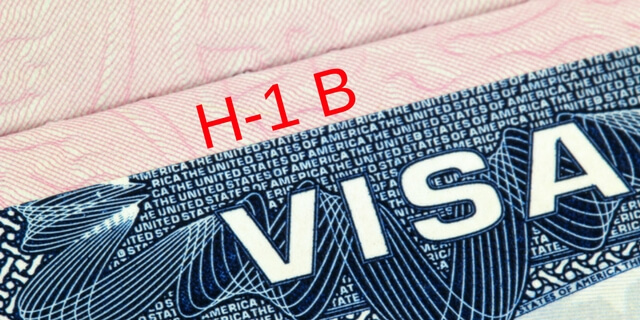This blog post is based on a report from Quartz Media: “New research shows who will be hurt—and helped—if America’s tech industry can’t hire the world’s best talent,” published on Feb. 15, 2017
The uncertainty to H-1B program brought by U.S. President Donald Trump’s new immigration policy has never been underemphasized. Trump threats to overhaul the H-1 B program, the largest visa program for hiring high-skilled immigrants to work in the U.S. According to Quartz’s report:
The H-1B visa, created for college graduates with knowledge in a highly specialized field, was first granted 1990. Its establishment coincided with the rise of the internet, which sent America’s need for skilled computer scientists skyrocketing. Today, the H-1B program is integral to the tech industry: About half of the more than 120,000 (pdf) H1-B visas granted by the US in 2014 went to those working in computer science.
Quartz stated one study titled “STEM workers, H-1B Visas and Productivity in U.S. Cities” found that “between 10% and 25% of all productivity growth in the U.S. between 1990 and 2010 came from foreign workers in science and technology, many of who are on H-1Bs.”
It is understandable why Google, Amazon, Apple and many other U.S.-based worldwide famous high-tech companies have spoken against Trump’s new immigration ban. The growth of those big name companies depends heavily on staff or workers on H-1B visa. “But not everyone wins from the program,” says Quartz. Here is the fact:
One recently published research by economists John Bound, Gaurav Khanna, and Nicolas Morales of the University of Michigan revealed that, although the H-1B program is a major contributor to US economic growth, it’s quite bad for domestic computer scientists.
In what way has H-1B working visa program been hurting American high-tech professionals? Quartz indicates the following:
Based on data from 1994 to 2001, the researchers estimate that without the H-1B program, the wages of American computer scientists would have been 3% to 5% higher in 2001, and Americans’ employment in computer science would have been 6% to 11% higher. They also find that, in general, the H-1B program makes college graduates worse off, while helping non-college graduates by giving them access to cheaper technology.
Click HERE if you want to read Quartz’s full original article.


Trump is doing what is best for Americans. International students should not blame him because he is just doing his job as the president of the United States.
国际学生的 internship 或 practical training 机会也会受影响吗? 国际学生的打工机会也会减少吗?希望听到你们专业的声音。
我们相信是会受影响的。Trump 对美国人的承诺就是 “美国优先” “让美国再次壮大”。所以,保护美国人的工作机会不被外籍人士抢走,是 Trump 政府专注的目标之一。